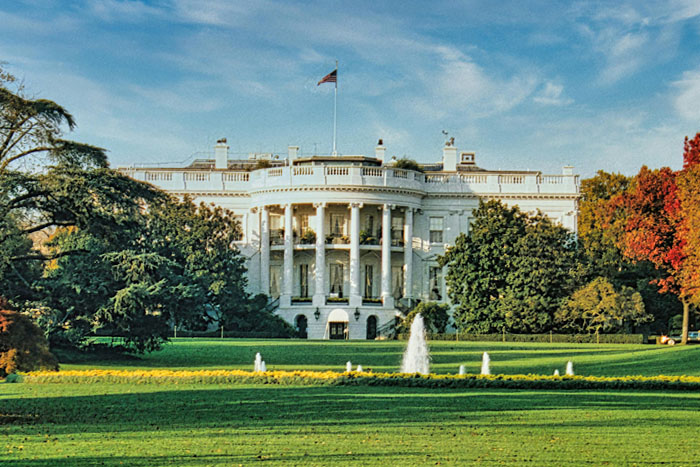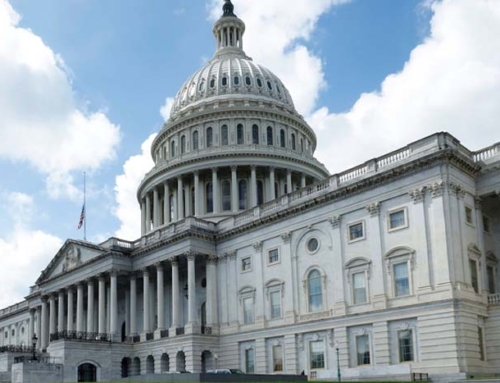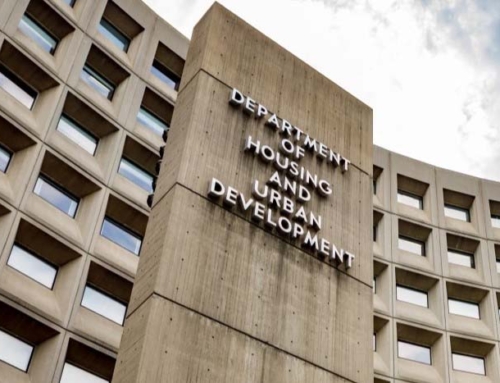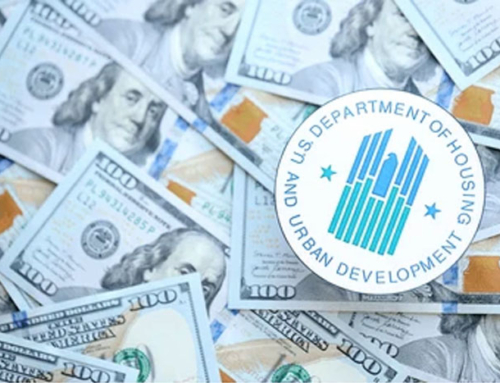On November 5, 2024, Donald Trump made sweeping electoral gains across the country, winning the popular and electoral vote and defying predictions of a razor-thin race. Coupled with a Senate majority and potential House majority, the new Republican-led executive and legislative branches could reverse previous housing and homelessness gains and require even greater bipartisan collaboration to move housing solutions forward.
Trump’s housing and homelessness agenda, as expressed in his Agenda 47 campaign platform, is light on details despite him mentioning housing costs frequently in his speeches. However, one can expect potential continuations and expansions of similar policy trends of the first Trump administration, including reduced federal spending, a weakening of fair housing, regulatory rollbacks and a shift towards private sector involvement, and a focus on homelessness control. This will likely translate to a greater burden being placed on states and local governments to address housing and homelessness as well as greater local control on this issue.
- Greater Push for Budget Cuts: During his first term, the Trump Administration proposed substantial cuts to the HUD budget, initially suggesting a 17% decrease in 2018 compared to 2017 and eliminating key housing programs such as the Community Development Block Grants (CDBG) and HOME Investment Partnerships. While the majority-Republican Senate and the majority-Democrat House did not fully enact these cuts at the time, one could expect similar proposals this time around, with a potential Republican trifecta reinforcing such cuts, shifting responsibility to state and local governments as well as the private sector.
- Weakening of Fair Housing: The Trump Administration could likely repeat its first-term actions related to fair housing. This included weakening the “Affirmatively Furthering Fair Housing” rule, which requires local governments that receive federal housing funds to actively address residential segregation, and the 2013 “disparate impact” rule, which prohibits housing policies that result in discrimination, including those that unintentionally do so. These policies were reinstated during the Biden administration.
- Deregulation and Focus on Private Sector Solutions: The Trump Administration will likely continue Biden Administration policies to eliminate regulatory barriers to development. Trump has revisited this idea on the campaign trail; the first Trump Administration issued an Executive Order in 2019 forming the White House Council on Eliminating Barriers to Affordable Housing. Additionally, the Administration is likely to focus on tax incentives and other private market solutions to attract private investment into housing and community development, such as Opportunity Zones, which were introduced during the first Trump Administration. However, such policies have been criticized as prioritizing investors over low-income communities’ needs and contributing towards displacement.
- Focus on Homelessness Control: Similar to the last Trump Administration, the new Administration could prioritize more enforcement-driven responses to homelessness, such as pushing for stricter policing, particularly in light of the Grants Pass decision earlier this year that strengthened localities’ ability to enforce camping bans for those experiencing homelessness. The Administration could additionally shift resources from “Housing First” strategies, which aim to provide low-barrier housing options to the unhoused, towards shelter-focused or treatment-first approaches.
Time will tell how each of these policies will be implemented as the political landscape continues to shift. One of the most immediate impacts will likely be on FY 2024 budget negotiations, which have been marked by ongoing debates over spending priorities.
Currently, the government is funded at FY 2023 levels to avoid a shutdown in operations through December 20, 2024, the result of a continuing resolution (CR) passed in September. If Congress cannot resolve the full budget by December, lawmakers may either pass another CR or negotiate a larger omnibus spending package to fund the government through the fiscal year. The passage of another CR on or before December 20, 2024, is likely as it would enable the incoming Republican-majority legislature to quickly stake out their positions and policy priorities.
© LeSar Holdings/LeSar Development Consultants. All Rights Reserved. Please be advised that any republishing of copyrighted material provided by our organization, in whole or in part, requires prior written authorization. For permission, please reach out to [email protected]. We appreciate your understanding and compliance in upholding copyright laws.






















